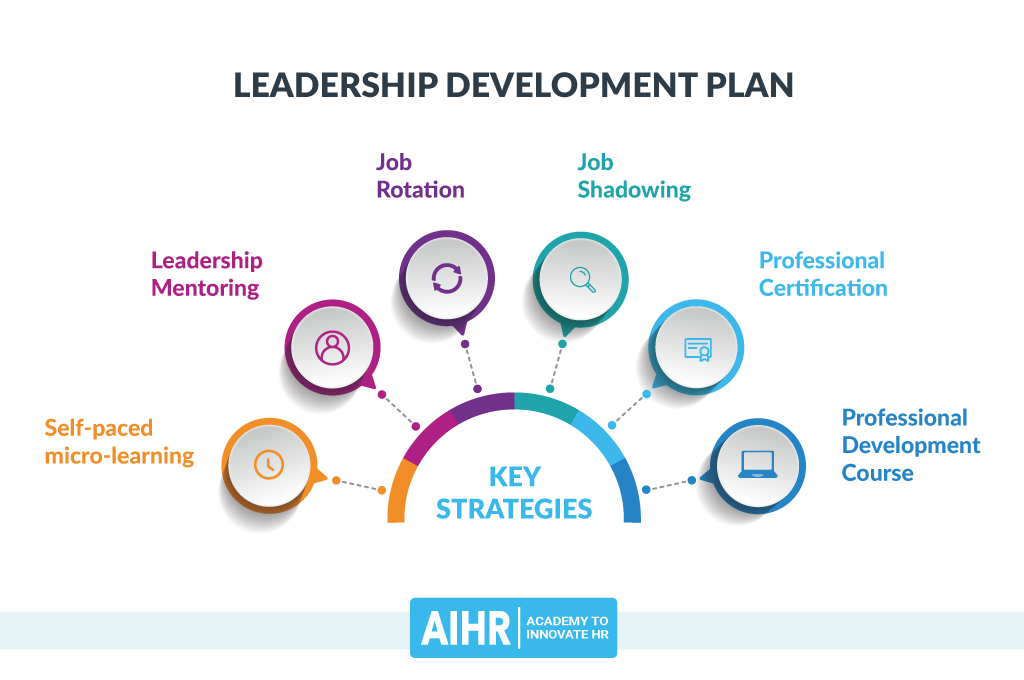Negotiation Skills Training Program
Embark on a transformative journey with Negotiation Skills Training Program, designed to empower you with the tools and techniques to excel in the art of negotiation. Unlock your potential and become a master negotiator in both personal and professional settings.
Our comprehensive program equips you with the essential knowledge, strategies, and practice to confidently navigate complex negotiations, build strong relationships, and achieve mutually beneficial outcomes.
Methods and Techniques for Effective Negotiation: Negotiation Skills Training Program

Effective negotiation requires a combination of preparation, strategy, and communication skills. Various methods and techniques can be employed to achieve desired outcomes, each with its advantages and disadvantages. This section will explore some commonly used negotiation methods and techniques, providing insights into their applications in real-world scenarios.
Positional Bargaining
Positional bargaining is a traditional approach where parties start with their initial positions and attempt to reach an agreement through a series of concessions. This method can be adversarial and time-consuming, often resulting in suboptimal outcomes. However, it can be effective when parties have clear interests and limited time constraints.
- Advantages:
- Simple and straightforward.
- Can be effective when time is limited.
- Can help establish a clear starting point for negotiations.
- Disadvantages:
- Can be adversarial and create a negative atmosphere.
- May lead to suboptimal outcomes due to excessive focus on positions.
- Can be time-consuming as parties engage in multiple rounds of concessions.
Example: In a salary negotiation, the employee may initially ask for $60,000, while the employer offers $45,000. Through positional bargaining, they may compromise on a salary of $52,500.
Role-Playing and Simulations in Negotiation Skills Training

Role-playing and simulations are powerful tools in negotiation skills training. They provide a safe and realistic environment for participants to practice and develop their negotiation skills. Through these activities, participants can experience the challenges and rewards of negotiation firsthand, and learn from their mistakes in a controlled setting.
Benefits of Role-Playing and Simulations
- Provide a safe environment to practice negotiation skills: Role-playing and simulations allow participants to experiment with different negotiation strategies and tactics without the risk of real-world consequences.
- Enhance learning through active participation: By actively participating in negotiations, participants can better understand the dynamics of the process and develop their own negotiation style.
- Allow for immediate feedback: Trainers and observers can provide feedback on participants’ performance during role-playing and simulations, helping them to identify areas for improvement.
- Increase confidence and competence: Successful experiences in role-playing and simulations can boost participants’ confidence in their negotiation abilities.
Tips for Designing Effective Role-Playing and Simulation Exercises
- Choose realistic scenarios: The scenarios used in role-playing and simulations should be relevant to the participants’ work or personal lives, and should present challenging but achievable negotiation goals.
- Provide clear instructions: Participants should be given clear instructions on the goals of the exercise, the roles they will play, and the rules of the negotiation.
- Use experienced facilitators: Trainers or facilitators should have experience in negotiation and in leading role-playing and simulation exercises.
- Allow for reflection: After each role-playing or simulation exercise, participants should be given time to reflect on their performance and identify areas for improvement.
Case Studies and Examples for Negotiation Skills Training

Negotiation is a crucial skill in various aspects of life, from business deals to personal relationships. To enhance the effectiveness of negotiation skills training, incorporating real-world case studies and examples is essential. These provide valuable insights into successful negotiation strategies and highlight the factors contributing to their success.
Case Study: Successful Negotiation in a Business Deal
In a high-stakes business deal, two companies engaged in intense negotiations. The buyer sought a lower price, while the seller aimed to maximize profits. By employing active listening, understanding the underlying interests, and exploring creative solutions, both parties reached a mutually acceptable agreement that benefited both organizations.
Case Study: Conflict Resolution in a Family Dispute
A family dispute arose over the distribution of an inheritance. Emotions ran high, and communication became challenging. Through the use of empathy, reframing, and finding common ground, a mediator facilitated a constructive dialogue that led to a resolution that met the needs of all family members.
Analysis of Success Factors
Successful negotiations often share common factors:
- Preparation and Research: Thorough preparation and research provide a solid foundation for negotiations.
- Understanding Interests: Identifying and understanding the underlying interests of all parties is crucial for finding mutually acceptable solutions.
- Communication and Active Listening: Effective communication and active listening foster trust and facilitate understanding.
- Flexibility and Creativity: Being open to different perspectives and exploring creative solutions can lead to innovative outcomes.
- Relationship Building: Establishing rapport and building relationships can create a positive environment for negotiations.
Application to Other Situations
The lessons learned from these case studies can be applied to various negotiation situations:
- Business Deals: Understanding the interests of both parties and exploring creative solutions can lead to mutually beneficial outcomes.
- Conflict Resolution: Empathy, reframing, and finding common ground can facilitate constructive dialogue and resolution.
- Personal Relationships: Effective communication, active listening, and understanding underlying interests can improve relationships and resolve conflicts.
By incorporating real-world case studies and examples into negotiation skills training, participants gain valuable insights into successful strategies and can develop their own negotiation skills to achieve positive outcomes in various situations.
Assessment and Evaluation of Negotiation Skills Training
Evaluating the effectiveness of negotiation skills training programs is crucial for continuous improvement and ensuring that participants develop the necessary competencies. Various methods are employed to assess and evaluate training outcomes:
Pre- and Post-Training Assessments, Negotiation skills training program
Conducting pre- and post-training assessments allows for a comparative analysis of participants’ knowledge, skills, and attitudes before and after the training program. This helps determine the impact of the training on participants’ understanding and proficiency in negotiation.
Role-Playing and Simulations
Role-playing and simulations provide a practical and interactive way to assess participants’ negotiation skills in realistic scenarios. Evaluators can observe and assess participants’ ability to apply negotiation techniques, communicate effectively, and reach mutually beneficial agreements.
Case Studies and Examples
Case studies and examples present participants with real-world negotiation scenarios. By analyzing and discussing these cases, evaluators can assess participants’ critical thinking, problem-solving, and decision-making abilities in negotiation situations.
Feedback and Surveys
Gathering feedback from participants through surveys and questionnaires provides valuable insights into their experiences, perceptions, and satisfaction with the training program. This feedback helps identify areas for improvement and ensures that the training aligns with participants’ needs.
Importance of Ongoing Evaluation and Feedback
Ongoing evaluation and feedback are essential for continuous improvement of negotiation skills training programs. By regularly assessing the effectiveness of the training, organizations can identify strengths, weaknesses, and areas for refinement. This ensures that the training remains relevant, engaging, and effective in developing the negotiation skills of participants.
Suggestions for Continuous Improvement
To continuously improve negotiation skills training programs, consider the following suggestions:
- Incorporate feedback from participants, evaluators, and stakeholders.
- Update and revise training content to reflect the latest best practices and industry trends.
- Utilize technology to enhance the learning experience and provide interactive simulations.
- Provide opportunities for ongoing practice and reinforcement of negotiation skills through coaching or mentoring programs.
- Collaborate with experts and practitioners to ensure the training is aligned with real-world negotiation challenges.
Key Questions Answered
What are the benefits of negotiation skills training?
Enhanced communication and persuasion abilities, improved conflict resolution skills, increased confidence in negotiation settings, and stronger relationships with clients and colleagues.
Who can benefit from negotiation skills training?
Anyone involved in negotiations, including business professionals, entrepreneurs, salespersons, lawyers, mediators, and individuals seeking to improve their personal relationships.
How long does the training program take to complete?
The duration varies depending on the specific program, but most comprehensive programs typically take several weeks or months to complete.






